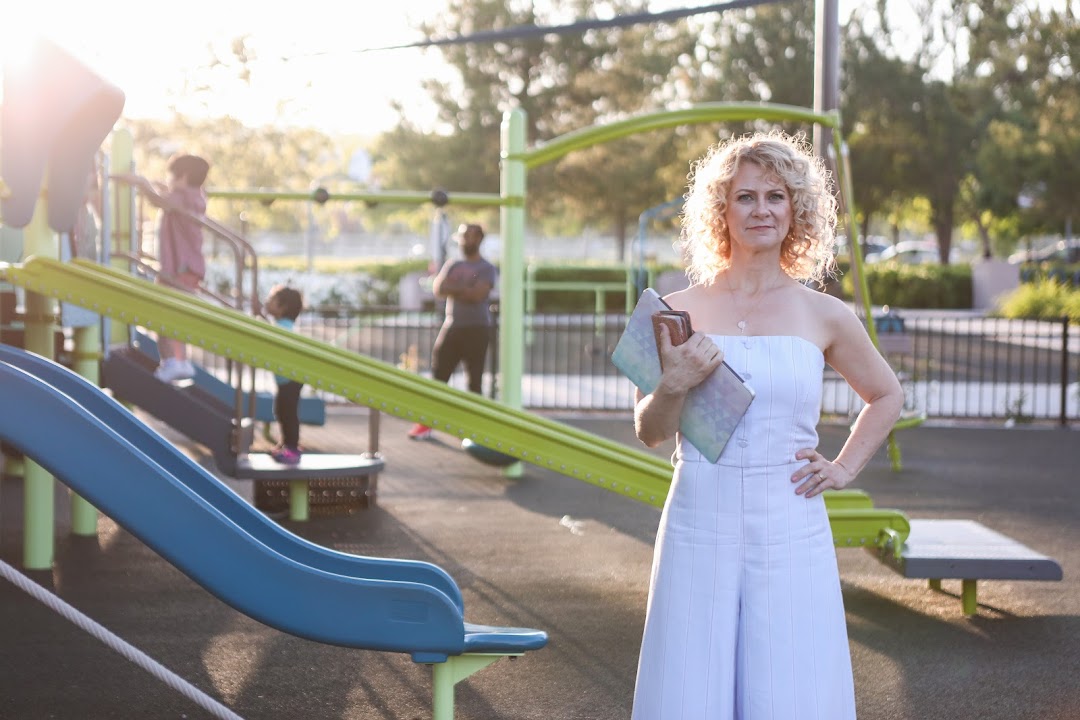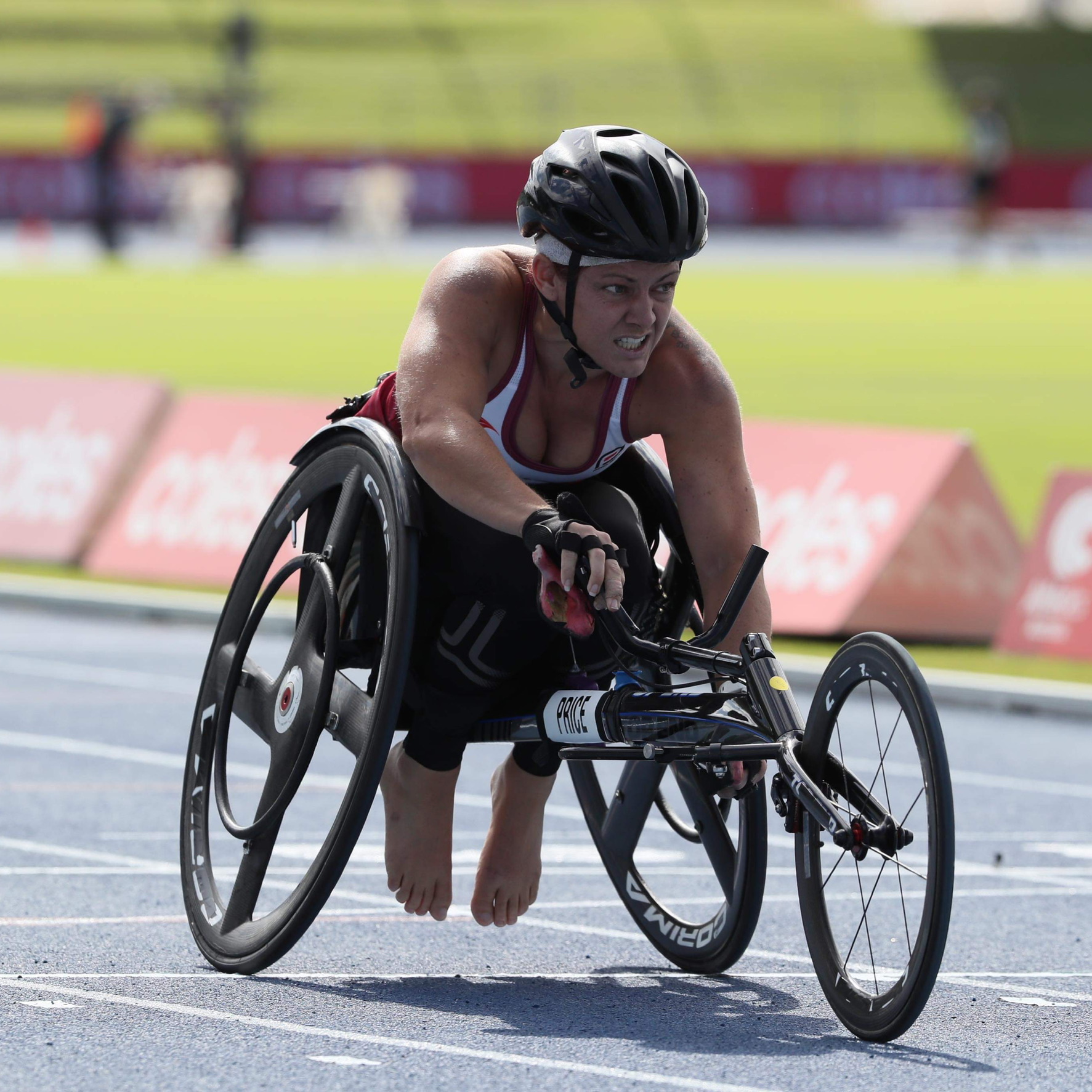Our twins’ early birth was completely unexpected
Professional singer Ruth Kiang was working shortly before her labour started. Just a few hours later, Emily and Alice were born.
“My pregnancy was very straightforward and as twin pregnancies go, very easy. I was feeling well throughout and there was no warning that the twins were going to come early,” she tells This Is MedTech. “I had planned to birth the twins naturally, but the girls had other ideas and were clearly very keen to meet us,” recalls Ruth, who gave birth to her daughters about 10 weeks early.
“I arrived at hospital in a taxi virtually fully dilated and after my waters broke, our leading twin turned round from head first to foot first. Because they were so early, to avoid any further complications such as a broken hip, I was advised that an emergency caesarean-section would be necessary.”
According to the UK charity Tommy’s, having more than one baby is a risk factor for premature (preterm) birth. In general, the earlier the birth, the higher the risk of disability. Most pregnancies with one baby last 39 weeks on average, and a birth before 37 weeks is considered premature. The average length of a pregnancy with twins is 37 weeks.
Fortunately, medical technologies were there to support Ruth and her daughters from pregnancy onwards. “The antenatal scans were very thorough and frequent. During labour, the medical team were able to monitor the babies on a screen and watch as the leading twin turned. They also monitored their heart rates and were able to detect that one of the babies’ heart rates was slowing down, necessitating the emergency c-section,” explains Ruth.
This year’s theme for World Prematurity Day is Zero Separation and focuses on keeping parents and babies born too soon together. Ruth has first-hand experience of how challenging this separation can be. “After the girls were born, I was unfortunately unable to hold them immediately,” she remembers. “They both needed breathing support and had to go straight to the neonatal intensive care unit (NICU) in incubators. The incubators were incredible – such amazing pieces of equipment which essentially act as wombs.”
Emily and Alice spent five weeks in the NICU and Special Care Baby Unit and were discharged at 35 weeks. Looking back, Ruth says that it took a while to process this whirlwind of events. “The period when the girls were in hospital was very tough, especially with an older child at home,” she says.
“We were well supported, and I was able to focus on pumping milk for the girls. I expressed ten times a day and transported the milk to the hospital daily for them in a cool bag. Expressing allowed me to connect to them and provide them with the only thing I could really give them in the early weeks.”
Ruth feels lucky about the pregnancy, birth and postnatal care, and that her now 4-year-old daughters are thriving. “Amazingly, they have no medical issues at all and are very happy and healthy little girls!”






